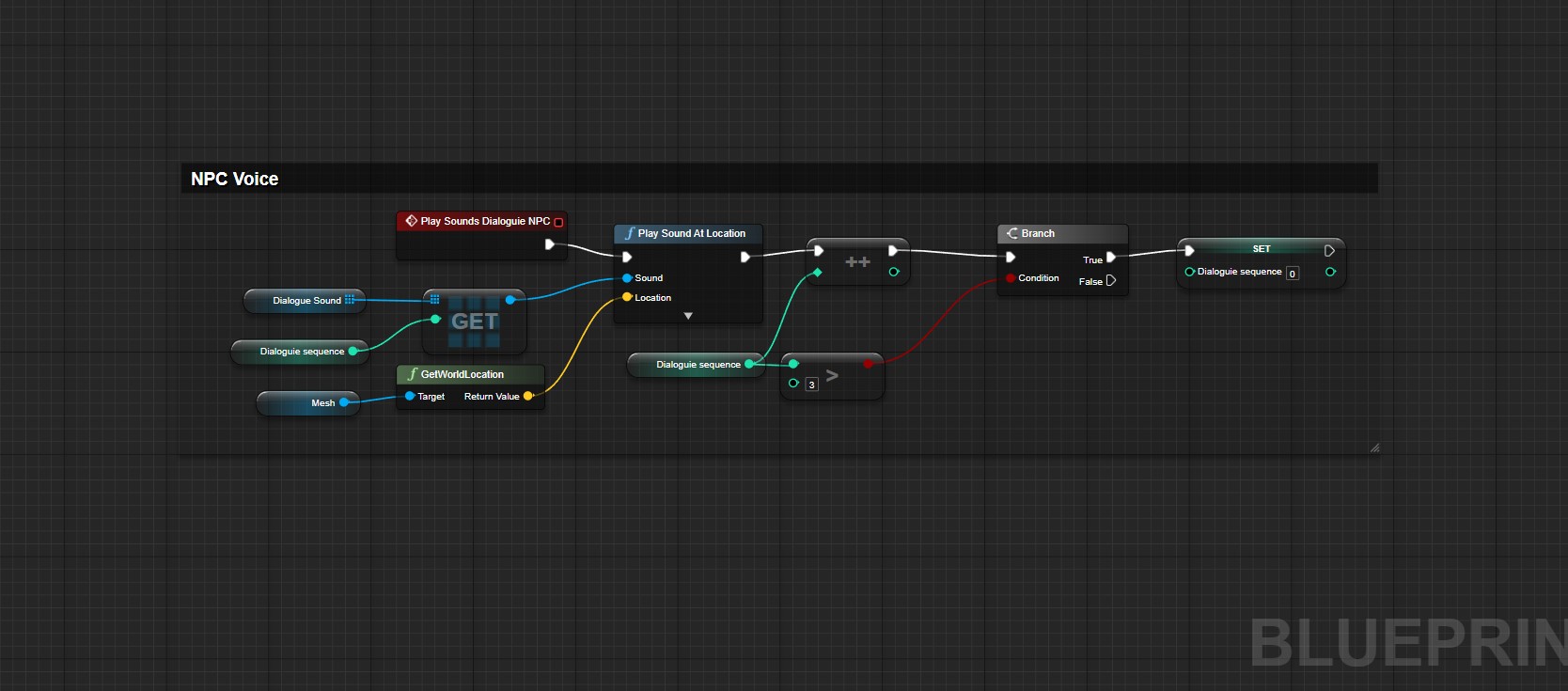In a stunning revelation, a former JPMorgan Chase employee has stepped forward, alleging that the United States’ largest bank has been systematically manipulating critical financial indicators since 2016, accruing a staggering $2 billion in the process. According to an in-depth report by the International Consortium of Investigative Journalists (ICIJ), this whistleblower claims JPMorgan Chase deliberately misrepresented crucial parameters that determine the cash reserves banks are required to maintain, as dictated by the Federal Reserve.
The whistleblower details how the bank reportedly understated complexity indicators, including the value of assets tied to derivatives and illiquid holdings, to minimize the capital buffers necessary to insulate against financial upheavals. These indicators are integral to the Federal Reserve’s risk assessments for the eight largest U.S. banks, influencing the extra capital they must hold beyond prescribed minimums.
The ICIJ report highlights that concerns over these practices were raised internally at JPMorgan Chase as early as 2018. However, instead of addressing these issues, the bank allegedly retaliated against whistleblowers, culminating in terminations in 2022. The controversy extended beyond internal corridors, leading to formal complaints with the U.S. Securities and Exchange Commission (SEC) and the Federal Reserve.
The report further alleges a concerning leniency from regulatory bodies, suggesting that the Federal Reserve permitted not only JPMorgan Chase but also other major banks to persist with these practices, despite explicit prohibitions at both domestic and global levels. U.S. Senator Elizabeth Warren has been vocal about the need for increased accountability, urging an explanation from Fed Chair Jerome Powell for what she perceives as lax oversight promoting misinformation for executive gain.
JPMorgan Chase’s strategy reportedly allowed the bank to significantly expand its loan portfolio, enhancing net income by billions. CEO Jamie Dimon has publicly acknowledged the bank’s aggressive efforts to minimize capital reserve obligations by exploiting financial strategies such as securitizations and partnerships, a stance that aligns with the whistleblower’s allegations.
While the financial world grapples with these revelations, the call for stricter supervision and transparency grows louder. Will this be a paradigm shift in banking oversight, or will history repeat itself? Only time will tell, but for now, JPMorgan Chase’s legacy faces a formidable challenge.




















































